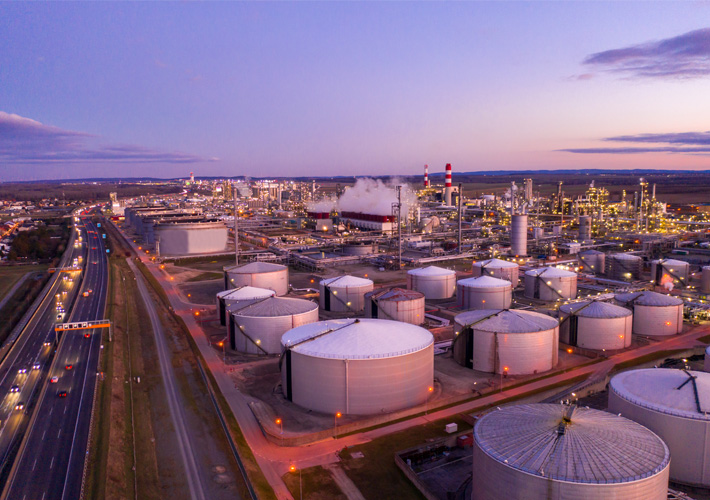
ASTM D4814 Revision Addresses Engine Fuel Volatility
ASTM International’s petroleum products, liquid fuels, and lubricants committee (D02) has revised its specification for automotive spark-ignition engine fuel (gasoline). The revision was driven by a review of multi-decade average seasonal temperatures used to develop the volatility classes for gasoline. The revision also revises wintertime 50% distillation limits based on vehicle testing.
According to ASTM member Jim Simnick, the revision incorporates updates to the schedule for the proper volatility of gasoline in areas of the United States for every month of the year and adds clarifying language on how to interpret Table 4, which is the schedule of U.S. seasonal and geographical volatility classes.
“This standard and its latest revision will affect how well gasoline runs in vehicles and gasoline-equivalent equipment,” says Simnick.
The revised standard is now available as D4814-24. The standard is used throughout the United States and many other countries and impacts how fuel suppliers make gasoline for different geographic regions and the season. Among users of the standard are:
- Refiners;
- Fuel importers;
- Renewable fuel makers;
- Pipelines;
- Shipping companies;
- Automakers and engine designers;
- State and federal regulators, and;
- Test laboratories.
U.N. Sustainable Development Goals Supported:

[Image by SimonSkafar via Getty Images]
 SN Home
SN Home Archive
Archive Advertisers
Advertisers Masthead
Masthead RateCard
RateCard Subscribe
Subscribe Email Editor
Email Editor